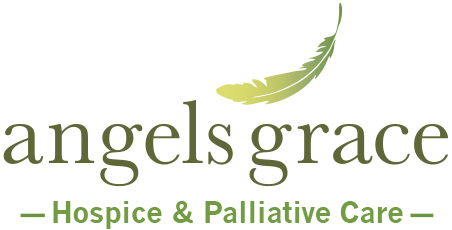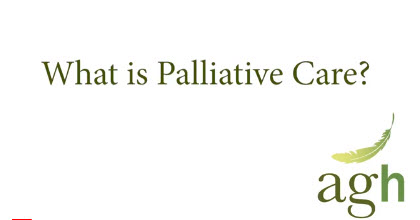Transcript:
My name is Jeanne Scheel and I’m a nurse practitioner working with Angels Grace Hospice and Palliative care teams. So palliative care is not hospice care. Palliative care is really for the living. The focus in palliative care is on quality of life management of symptoms, looking at the whole person. The person as a whole. Every aspect of them. Of course, the medical, then we factor in the spiritual, mental psychologic. Um, we also support the family through that. Oftentimes when someone comes to palliative care or is referred to palliative care, it may be the first time that they’ve actually addressed the seriousness of their chronic illness or acute illness. If they had a stroke, if they have cancer, um, the beauty of palliative care is that they continue to go through their treatments, and we just add on that extra layer of care. We look at where the person is at, right then not looking at what they can’t do any longer, but what they can.
And that again, helps with quality of life. Even if it’s something very simple, knowing that they probably won’t be the same, that they were a month ago, two months ago, a week ago, but how can we in palliative care, help them to be the best that they can be right then and there, by making those recommendations by working collaboratively with their medical team, what their loved ones with them at the forefront. Palliative care can go on. As long as the patient and loved ones and families want it to go on, there’s really no set limit. I’ve had patients on palliative care, now for a few years. I’ve had patients graduate from palliative care because of the extra care that they’ve gotten and we’ve defined those goals of care, and maybe they’ve moved on to the next step in their journey. Um, I have a lot of patients who do go into hospice care from palliative care. Some of our people use it as a segway into hospice. Maybe they’re not quite ready for hospice palliative care follows them; walks that journey with them and prepares them for the next step, so that when that transition, if it does happen is very seamless and they’re ready and they’re prepared. And it’s really a privilege to be able to be a part of their journey, wherever it leads.

